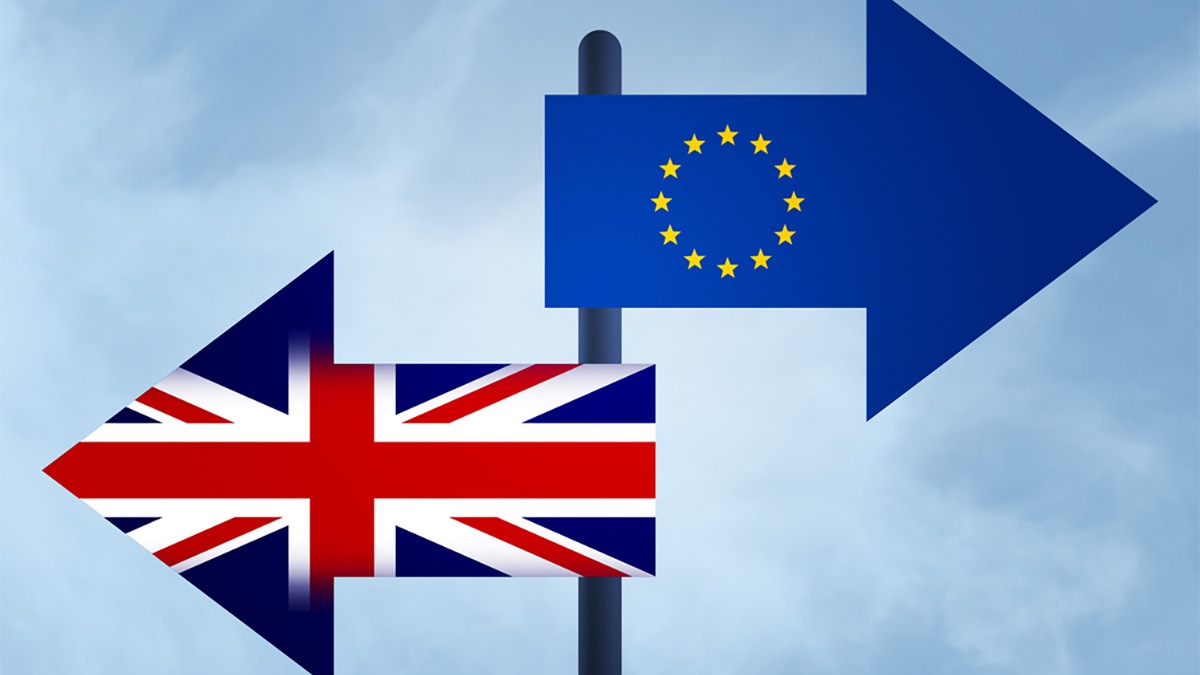
While the headlines have been hard-hitting and the Brexit negotiations never ending, behind-the-scenes overseas investors have slowly been picking up luxury UK homes. A freedom of information request from HM Revenue and Customs shows that in the tax year ended April 2017 there were 300 homes sold with a value of more than £10 million. This compares to just 100 sold in the same price bracket in the previous tax year. So, have overseas stealth investors started their move on the UK?
Fall in sterling
When you consider the dollar sterling exchange rate, around $1.26 to the pound, this compares to $1.46 in June 2016 and $1.59 in June 2015. This is a significant fall by any measurement and more than offsets the increase in stamp duty for luxury properties in the UK. There is an argument that the rich are getting richer while the rest of the UK property market is being squeezed. However, is this comment fair?
Stamp duty on properties
Stamp duty on property towards the higher echelons of the market has seen significant increases of late. The rate on properties selling for more than £1.5 million is now 12%, rising to 15% for second homes, with a chance of further “tweaks” in the future. In the 2016/17 tax year total stamp duty in the UK reached £7.3 billion. It is worth noting that £3.4 billion of this originated from the London property market hence political concern regarding the capital.
Initial figures suggest that around £4.1 billion was raised from stamp duty on second home sales in 2017/18 which was a 21% increase on the previous year. It is unclear what percentage of this income was paid by overseas investors especially with the historic use of corporate vehicles for property acquisitions.
Experts play down overseas investment
As soon as this freedom of information request was made public we saw a number of influential property advisers playing down the increase in overseas investment in UK property. When you consider the fall in sterling and the potential savings on exchange rates we are talking about millions of pounds on some of the larger properties. At the end of the day, these properties are for sale on the commercial market and open to domestic buyers as well as their overseas counterparts.
There is a suggestion of growing concern amongst overseas investors but maybe they are just waiting for the next leg of the devaluation of sterling? The confusion and concern regarding Brexit is not helping the currency. There are also tentative signs that some previously “firm” holders are now looking to sell their property ahead of 29 March 2019.
Seeing the woods for the trees
While there is concern that the UK economy will suffer in the short-term and house prices may soften, in the longer term the UK is still a powerhouse on the worldwide economic stage. History shows that long-term investors able to discount short-term volatility, and indeed use this for opportunistic purposes, fare better.
There seems to be a softening of the political hardball game from the Irish Republic, apparently the self-appointed mouthpiece of the European Union. Is the European Union finally taking a no Brexit deal seriously? Are the political elite in the UK finally listening to voters? Time will tell………..

